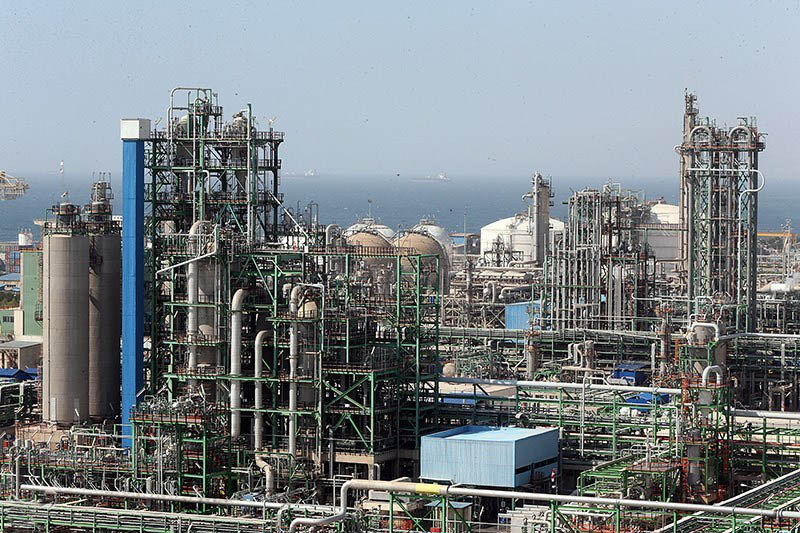
Oil and gold prices experienced a downturn following Iran's dismissal of reports suggesting an attack from Israel. Initially spiking to over $90 a barrel, Brent crude, the global
benchmark, retreated after Iranian authorities downplayed the alleged attack, settling around $87 a barrel. Similarly, gold prices surged momentarily but ultimately hovered below $2,400 an ounce.
The fluctuation in prices reflects the market's sensitivity to geopolitical tensions in the Middle East, particularly amidst escalating conflict between Iran and Israel. Investors closely monitored developments following Iran's direct drone and missile strike, which heightened concerns of potential disruptions to oil supplies.
While the initial surge in oil prices poses inflationary risks, countries heavily reliant on oil face the prospect of increased fuel and energy costs, exacerbating global inflationary pressures. Randeep Somel of M&G Investment Management emphasized the potential impact on inflation rates, particularly in the UK, where inflation remains above the Bank of England's target.
The current oil price remains below peaks witnessed during Russia's invasion of Ukraine in 2022, which led to significant spikes in energy prices. However, heightened tensions in the Middle East raise concerns about the stability of crucial shipping routes, such as the Strait of Hormuz, through which a substantial portion of the world's oil supply transits.
The market's reaction to the latest events underscores the fragility and volatility of the Middle East situation, according to energy market expert Vandana Hari. Stock markets exhibited mixed responses, with US indices experiencing fluctuations and Asian markets registering declines amidst ongoing geopolitical uncertainties. Photo by Tasnim News Agency, Wikimedia commons.








































